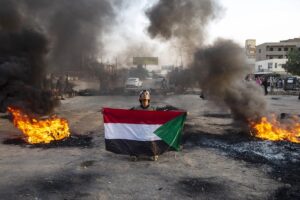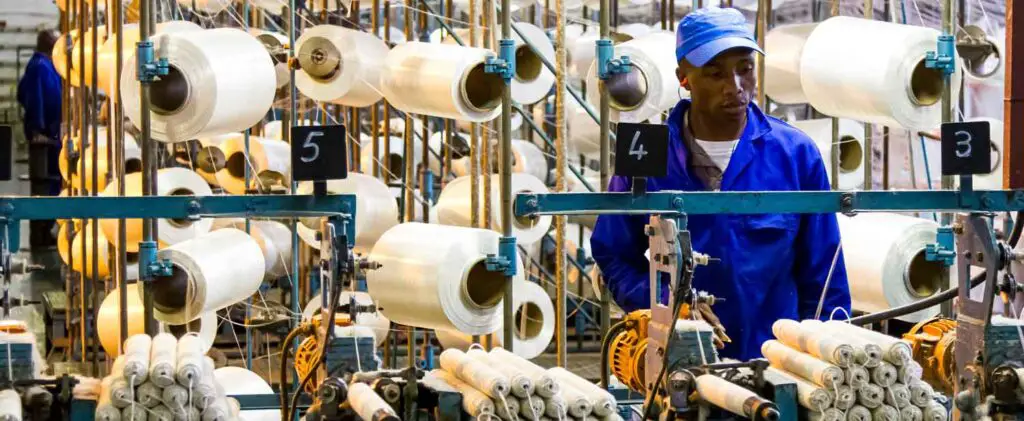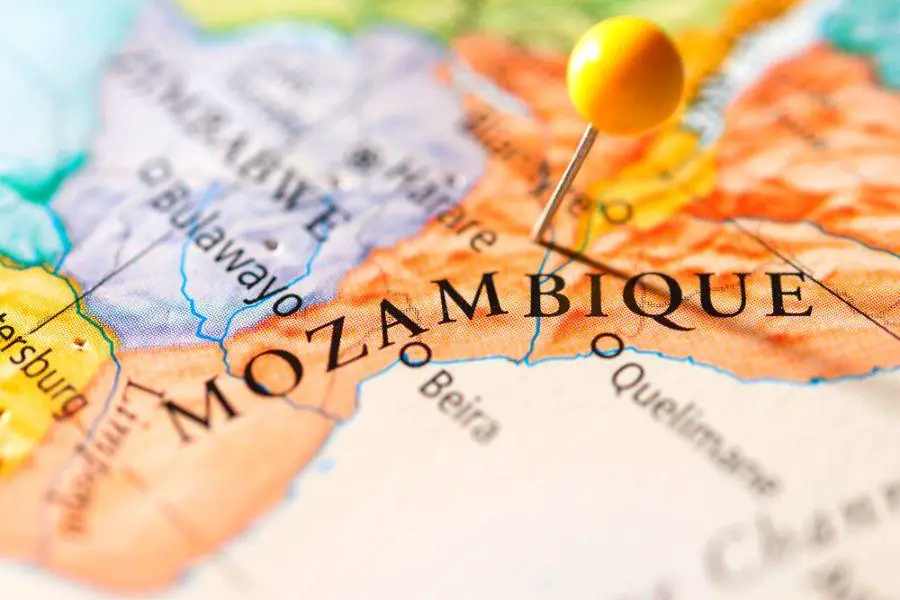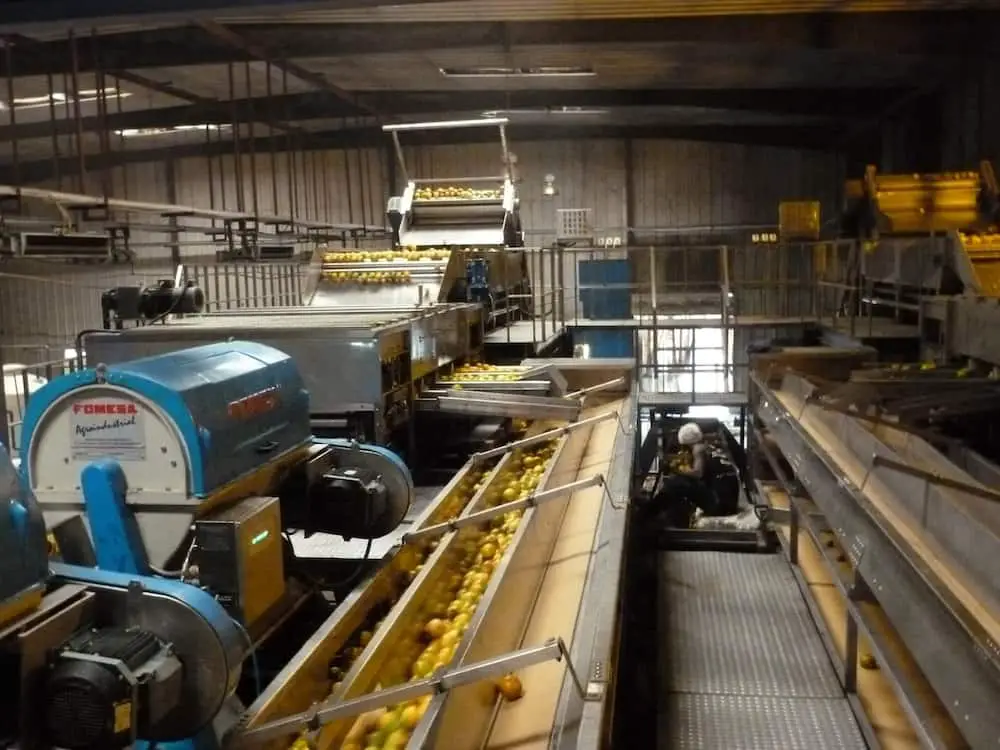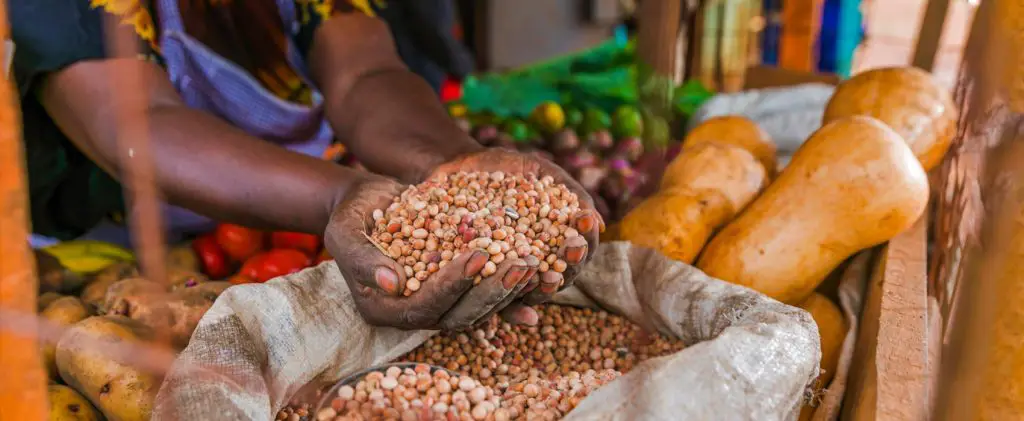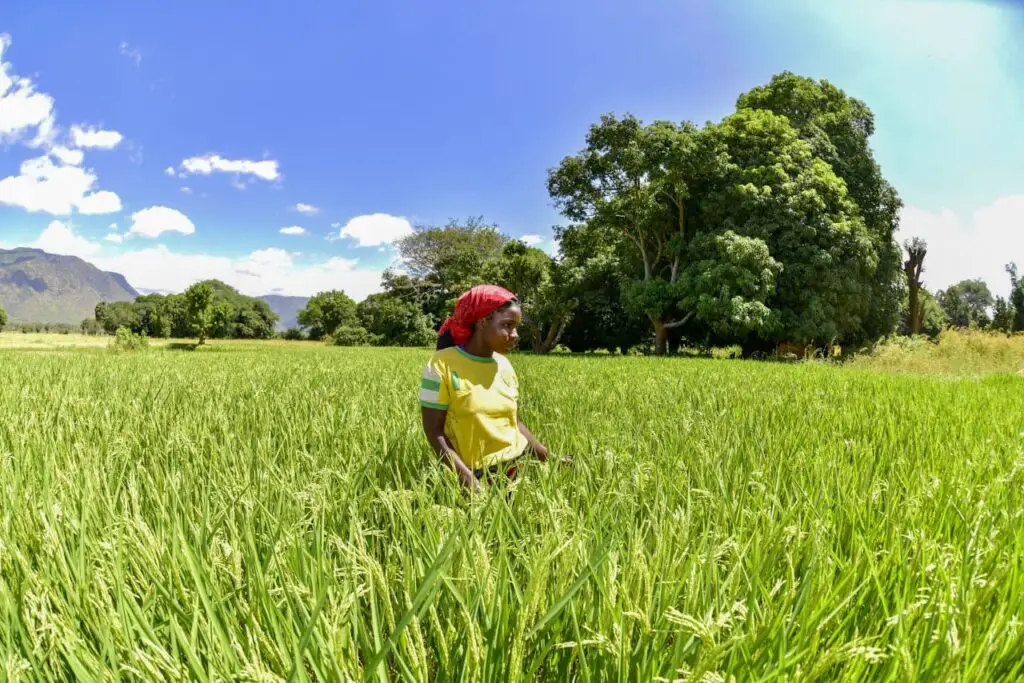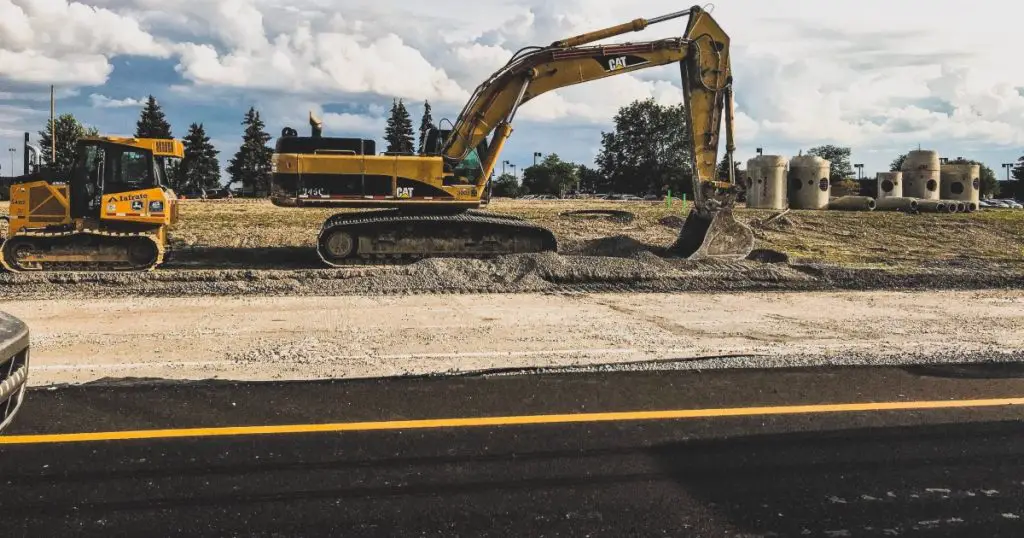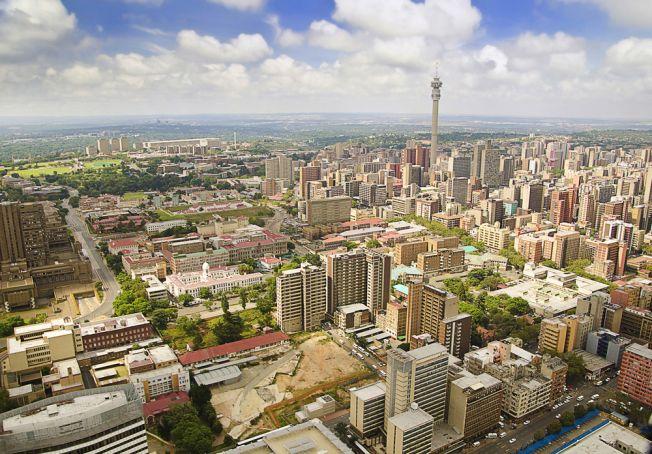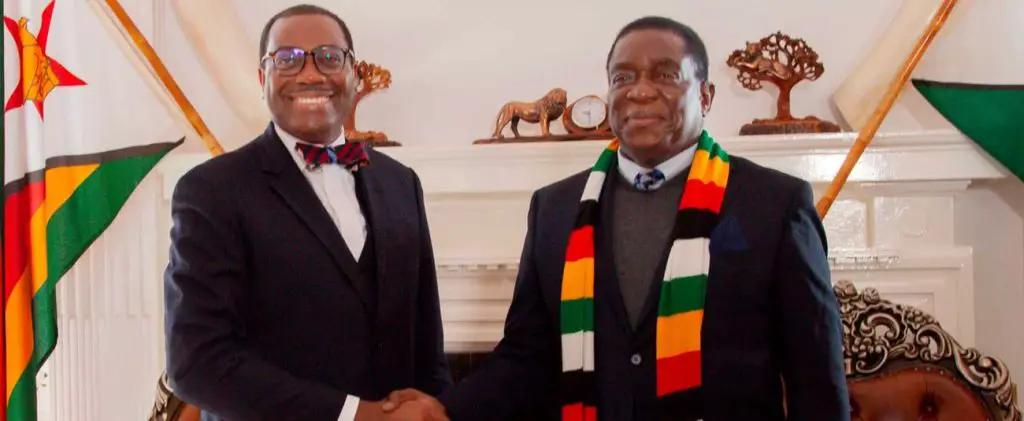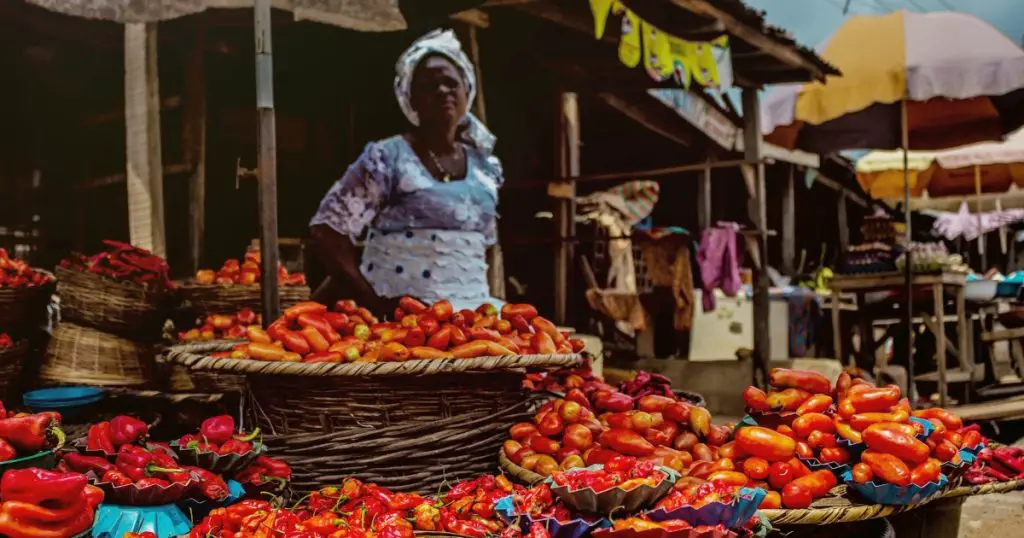- In 2025, wars, coups take the shine off Africa’s next investment frontier destination appeal
- Who got the money and who didn’t in Africa’s 2025 race for foreign direct investments?
- AI’s Dual Capacity and a Strategic Opportunity for African Peace and Security
- How African economies dealt with the 2025 debt maturity wall
- Africa’s Green Economy Summit 2026 readies pipeline of investment-ready green ventures
- East Africa banks on youth-led innovation to transform food systems sector
- The Washington Accords and Rwanda DRC Peace Deal
- Binance Junior, a crypto savings account targeting children and teens debuts in Africa
Browsing: AfDB
A recent index report showed that Tanzania’s agro sector is mechanizing rapidly on the back drop of value addition mini-factories, the revolution is not unique to Tanzania, it is happening continent wide and North Africa is leading.
Evidence to this fact lies in the pages of the Africa Industrialization Index (AII) report that show more than 35 of Africa’s 52 countries have become more industrialized over the span of the last decade.
The multi-stakeholder report, prepared by the African Development Bank, the African Union and the United Nations Industrial Development Organization (UNIDO), attests to an ongoing industrial revolution in Africa.
The Africa Industrialization Index (AII) uses 19 indicators to rate each country’s level of industrialization ranging from performance of its manufacturing sector, capital, labor to a country’s business environment, its infrastructure and even its entire macroeconomic status.
There is a shift, a change in the nature and composition of Tanzania’s workforce from labour-intensive to skilled labour. This shift is well received as the report authors describe it as ‘a good sign of economic transformation’ it is a sign Tanzania mechanisation.
The report authors contend that the fact that the proportion of labour employed in agriculture has decreased while that in other sectors, notably manufacturing and services, has increased, then it is a clear sign of an industrializing nation.
Agriculture mechanization in Tanzania is also evident in the fact that even though employment in the sector is decreasing, but the sector’s overall performance is actually increasing.
According to Tanzania’s Commissioner of Financial Sector Development, Dr Charles Mwamwaja, between 2015 and 2019, the agriculture sector grew at an average of 5.2 per cent, while the subsector of agricultural products continued growing at an average of 5.8 per cent.
The support for the 2023-2028 period takes into account that Mozambique is indicated as at the same time one of the countries most vulnerable to climate change and one of the least developed.
Despite the riches of its subsoil, the initiative foresees studies for the production of green hydrogen in Mozambique, and the Belgian Development Agency will supply solar panels to remote areas without connection to the electricity grid.
The supply of potable water and irrigation solutions based on solar energy is also being planned, the statement adds.
Belgium will also support the implementation of a national programme for sustainable waste management, which includes the construction of recycling facilities in Nacala and Nampula, with additional support from the NAMA Facility, a multi-donor fund.
Ghana competes in the global economy primarily using natural resources. Other than the usual exports of cocoa, gold, lumber, and crude oil, Ghana has a competitive advantage in numerous product categories. Increasing the proportion of high-income commodities in the export basket hastens economic transition.
The opportunity is providing better, economically advantageous items to regional and worldwide markets. Cocoa processing, wood processing, aluminium products, palm oil, food and agro-processing, and fish processing are examples of manufacturing sub-sectors that fit these two requirements.
Manufacturing subsectors that capture considerable proportions of manufacturing value-added, such as food and drinks, chemicals, and textiles, have significant technology, knowledge, and skills inherent in them. These assets can be used to produce additional goods within the sub-sector or even outside of it. It is also easier to go up the value chain after you have mastered relevant technologies and markets.
Food security in Africa has always been the centre stage of all major global meetings. Photos of starving naked children have been paraded so much that hunger and Africa have become synonymous.
However, after years of talks, recommendations, solutions, funding, monitoring, evaluation, more talks, more recommendations, more funding…and then more years of new talks, new recommendations, new solutions, new funding… it’s exhausting; Africa is still hungry!
The cool acronyms, the endless list of organizations, the countless projects and initiatives, the billions upon trillions issued every year, its all mind-boggling.
Global Development Goals (GDG), Sustainable Development Goals (SDG), World Food Organisation (WFP), International Monetary Fund (IFM), World Bank (WB), African Development Bank (AfDB), Alliance for a Green Revolution in Africa (AGRA)…it goes on and on.
Meanwhile, Africa is looking to take pre-emptive action to avert the inevitable food crisis.
The United States has pledged support to help the continent grow and distribute more food. The aid will come through the African Development Bank (AfDB). The Bank is looking to fund a significant increase in food production in an effort to ward off the food crisis wrought by the Russia-Ukraine war.
In May this year, the AfDB set up a US$1.5 billion African Emergency Food Production Facility. It was established with the aim of supporting some 20 million smallholder farmers produce more food and to do so more sustainably.
Africa received its highest proportion of private sector investment in infrastructure in 2020 African Development Bank has revealed that the…
Reallocation of government financing is essential in unlocking infrastructure potential. It eliminates the crowding out of private-sector funding, as government investing in most commercially viable assets is crucial to those with lower returns (Mckinsey).
Tanzania is one of the nations that leverages its internal revenue to fund its projects, including iconic bridges in the nation’s commercial capital and several roads, buildings and facilities across the country.
Kenya is another excellent example of a solution offered by Mckinsey as the government prioritised investment in municipal infrastructure as part of a drive to provide 500,000 new affordable housing units in five years.
Ethiopia is moving similarly, whereby it has prioritised investment in industrial development zones to attract global apparel manufacturers.
In September last year, the government started making quarterly token payments of $100,000 to each of the 16 Paris Club creditors as it sought ways to extinguish the mounting debt.
As of the end of May, Zimbabwe had made $8 million in token payments to multilateral banks and $4.8 million to the Paris Club creditors.
The article added that Zimbabwe is already defaulting on active loans from China, which is affecting the disbursement of funds for ongoing projects, the debt management office said in the report.
South Sudan will receive $8.1million from the African Development Bank (AfDB) to address food The funds will support South Sudan’s…
